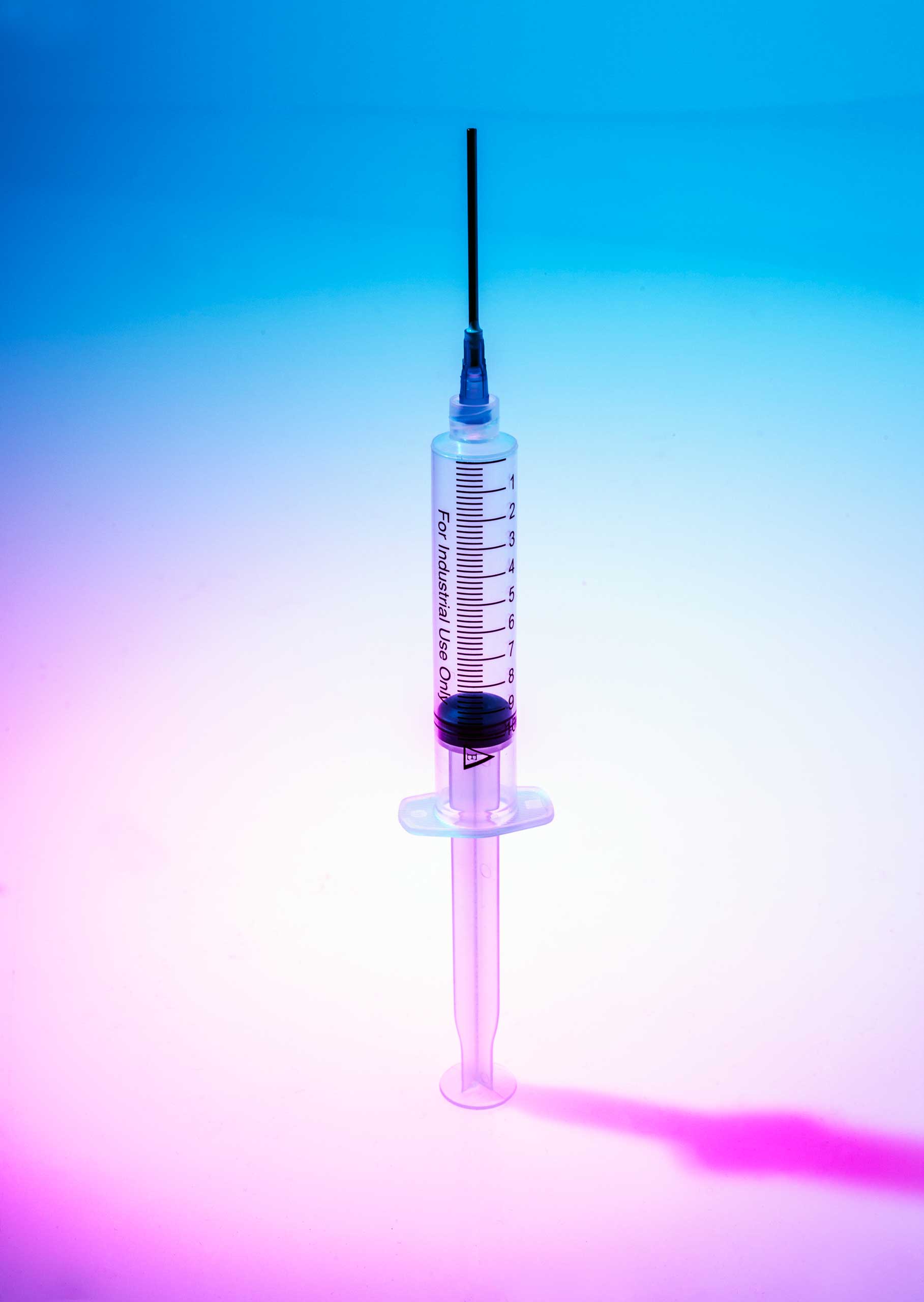
People who got a flu shot this winter are only 23% less likely to get the flu than someone who didn’t get the vaccine, the Centers for Disease Control and Prevention (CDC) said in a new report Thursday.
This flu season, H3N2 flu viruses have been the most predominant, but the CDC reports that about 70% of them have genetically changed so that they are not as responsive to the flu vaccine as they were in the past. This is likely why the vaccine appears to be less effective, a measure the CDC calculates by looking at the number of medical visits related to the flu.
Since the flu vaccine is developed based on early predictions of what flu viruses will be most common during a certain season, it’s always possible that the estimates will be off and the vaccine won’t protect against the most common flu viruses circulating. Since the CDC started tracking flu vaccine effectiveness in 2004, the rates have ranged from 10% to 60%.
When the flu vaccine is less effective, people need to be more cautious and stringent about other ways to prevent contagion, like washing hands and treating the flu with medication if it is contracted. “Physicians should be aware that all hospitalized patients and all outpatients at high risk for serious complications should be treated as soon as possible with one of three available influenza antiviral medications if influenza is suspected,” Joe Bresee, an official in the CDC’s Influenza Division, in a statement.
The report shows that the vaccine is the effective among kids ages 6 to 17. The CDC said it’s classifying this flu season as moderately severe, and that it is similar to the 2012-2013 season.
More Must-Reads from TIME
- How the Economy is Doing in the Swing States
- Harris Battles For the Bro Vote
- Our Guide to Voting in the 2024 Election
- Mel Robbins Will Make You Do It
- Why Vinegar Is So Good for You
- You Don’t Have to Dread the End of Daylight Saving
- The 20 Best Halloween TV Episodes of All Time
- Meet TIME's Newest Class of Next Generation Leaders
Contact us at letters@time.com